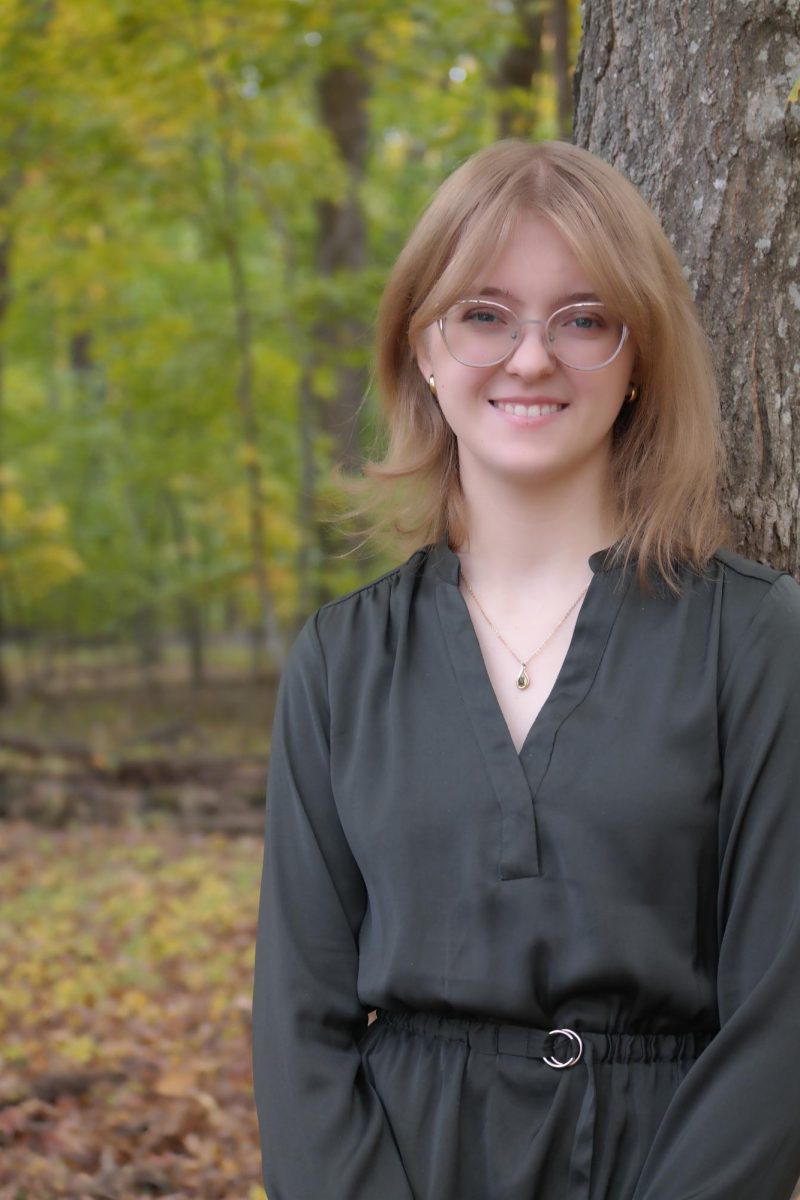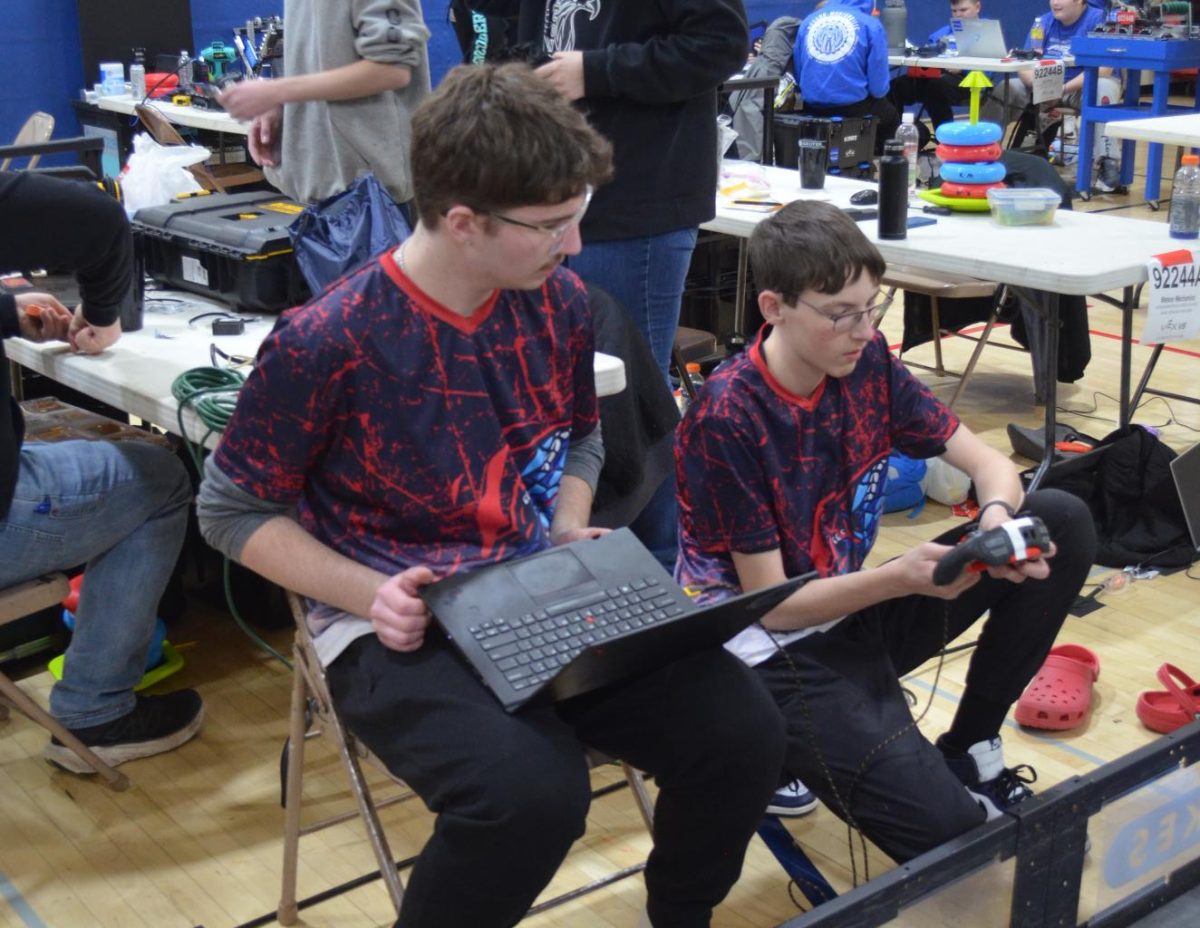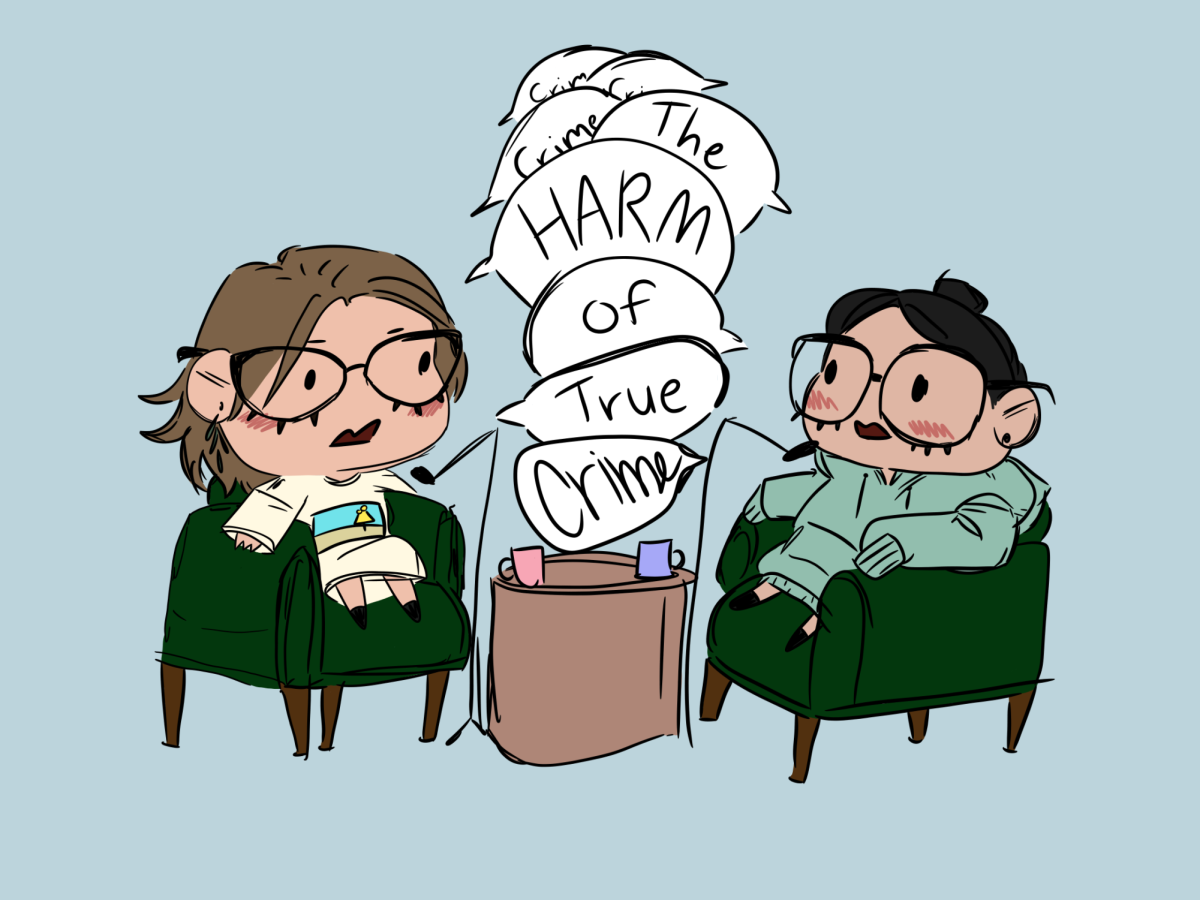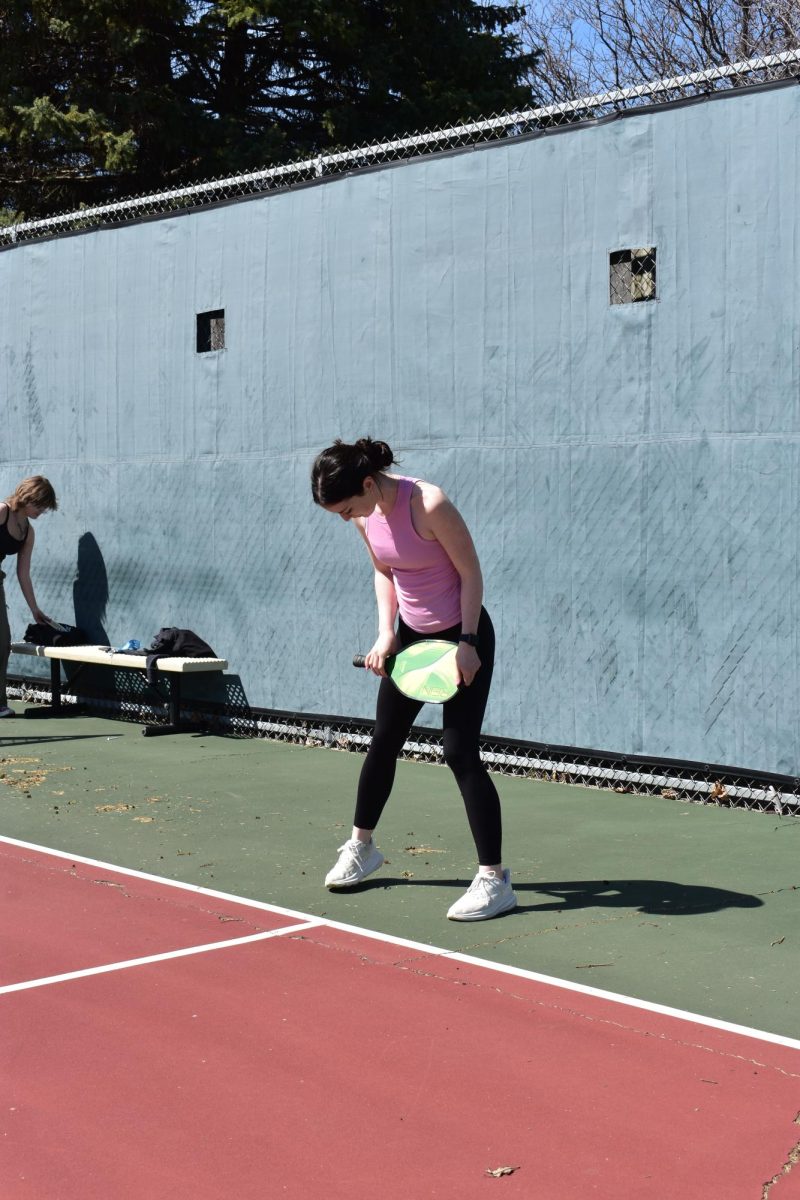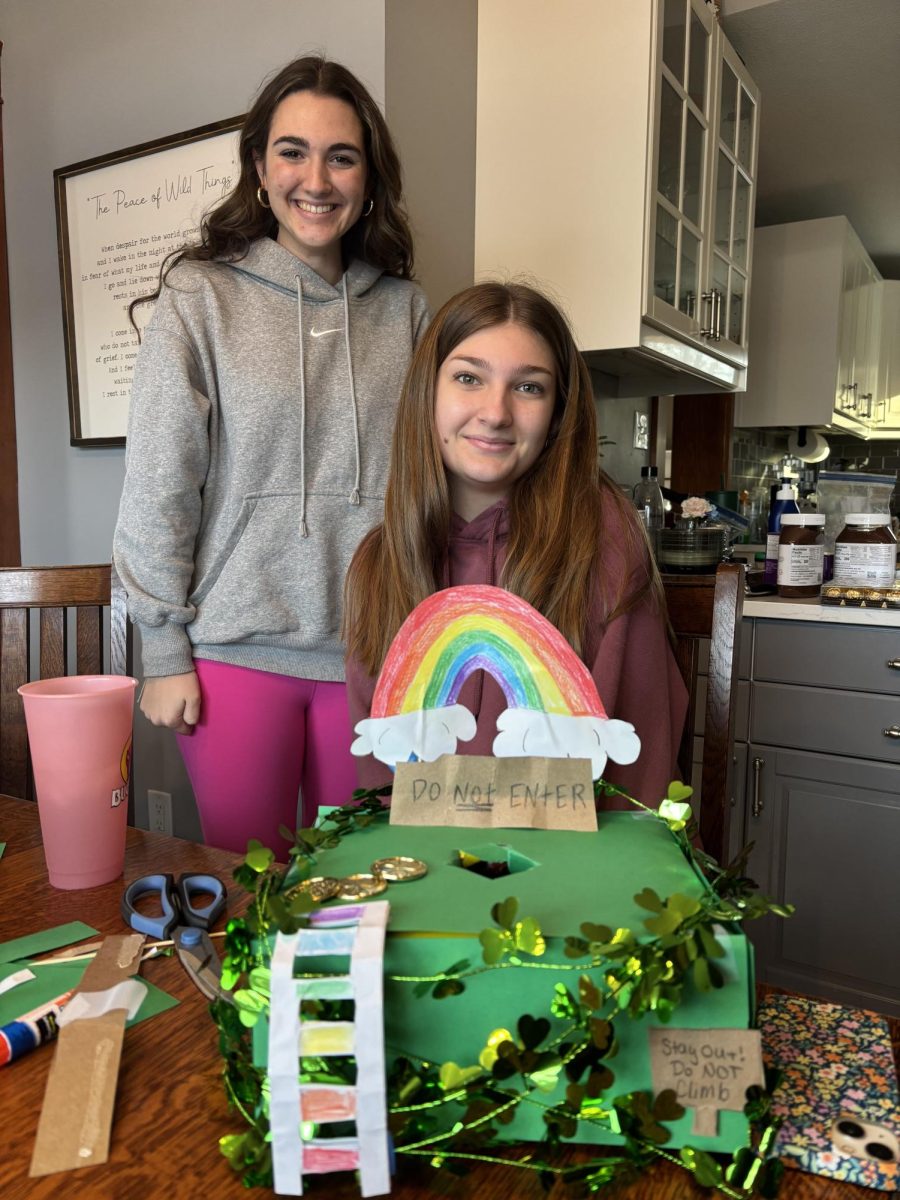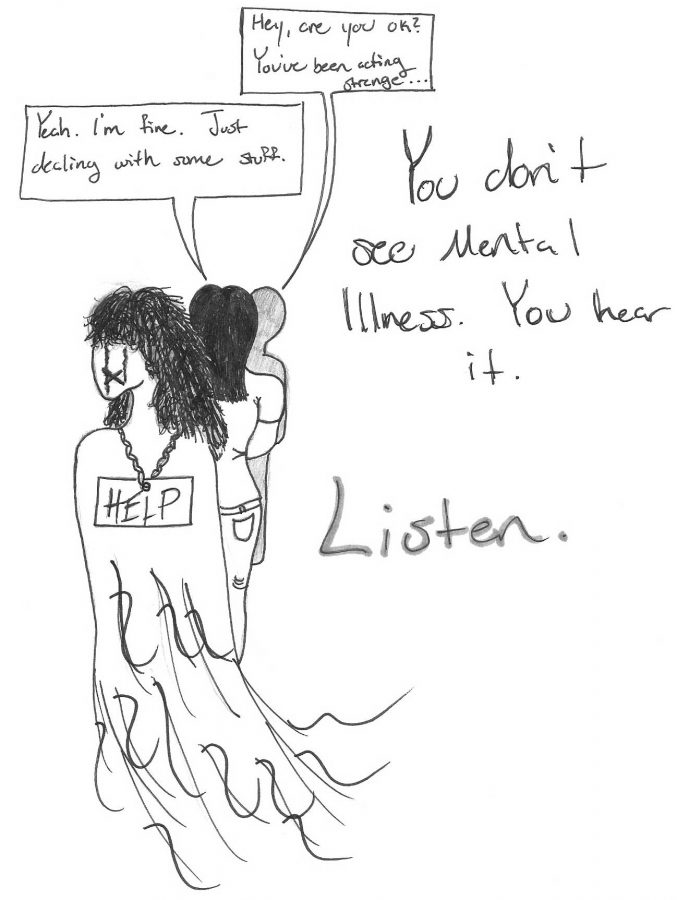Mental Illness
How Students and Staff are Dealing with Mental Illnesses During the Holidays
Depression, anxiety, eating disorders: and many more. Some students and faculty of Albert Lea high school have seen mental illnesses throughout their lives, and have even had to deal with it themselves.
Staff members find it most common to see motivation declining during this time of year, and both junior Ana Zimmerman and senior Alexa Drescher see this within themselves. Drescher and Zimmerman suffer from an anxiety disorder, causing them stress over the simplest things. Zimmerman’s anxiety strikes most when she is taking tests, especially during finals week. With the new schedule this year, finals are being pushed before holiday break, causing stress for Zimmerman.
“It’s overwhelming,” Zimmerman said. “We’re under a lot of pressure, but it’s gonna pay off once we come back from break.”
Drescher likes the new schedule change, allowing the students to take finals before break, she says that it’s nice to actually have a break this year, instead of having to work on study guides and review everything when you come back.
“Now, it’s a fresh start,” Drescher said. “No one is going to lose any information that is needed for their tests.”
Drescher feels the most anxious when there are loud noises everywhere. It causes her to lose focus, she finds remedy in putting in earbuds to listen to music.
“I’m a very outgoing person,” Drescher said. “Which is weird that I’m scared by loud sounds. If people raise their voices, I’ll start having an anxiety attack.”
Zimmerman thinks that stress will be affecting students during the time of the season, but once the kids go back to their homes and get together with loved ones, the stress will melt away. This holiday break can be spent with friends and family, not hunched over the notes taken in class.
Counselor Sarah Fischer sees students’ motivation rapidly decreasing when they are not involved in school activities, sports, clubs, teams, etc.
“We always encourage students to get involved in their communities somehow,” Fischer said. “Whether it be church, musical or even the publications. Studies show that students who keep themselves busy, or have a regular schedule, and who are involved and invested in those activities, they tend to do better in school, have a higher GPA, higher class rank, because they have this schedule that constantly keeps their mind moving, gets them in the habit of studying and keeps them self-accountable.”
Throughout the school day, students are under adult supervision, allowing them to be constantly watched and taken care of if necessary. To build trust between students and staff, ALHS does activities throughout the year.
“We do the eighth grade courage retreat every year,” Fischer said. “We have the Link Crew, the fifth graders are doing a kindness retreat at Halverson Elementary, so we try to do that throughout our district and create that type of community in general.”
Kevin Gentz, math teacher, sees the declining motivation during the third quarter the most, but he also seems it throughout the year as well.
“It’s natural,” Gentz said. “As we look at the course of the year, often the third section is the most difficult part of the year. We are somewhat conditioned, as humans, that when we see something and once we get into that third quarter, that we start to lose a little bit of focus.”
He does not just see motivation declining due to the sun not being out, or the student’s pace throughout the year, but because of the more difficult materials that students are seeing and having to complete. he student’s pace throughout the year, but because of the more difficult materials that students are seeing and having to complete.
“At lot of times, at the beginning of the year,” Gentz said. “You are seeing information that is being reviewed.
Whereas now, a lot of information is new.”
With the sun setting early and rising late, the cold wind blowing in the faces of staff and students at ALHS, flu season has come upon Albert Lea. Students tend to miss more school, get behind, and struggle during the sickness season.
“The warning signs need to be looked at,” Gentz said. “Does the student seem happy on a day to day basis? Do they seem to have friends? Are they willing to advocate for themselves? And finally, the number of school’s days that they miss.”
Gentz sees how test anxiety can take a toll on students at ALHS, and says that being understanding as a teacher would help with that, but what he finds difficult is when they have to couple the lack of motivation and the level of procrastination with possible mental issues.
“We all have to be accountable to some level,” Gentz said, “The question is: are we not performing well or keeping up because we struggling emotionally or are we not doing well because we’re just lazy at that time?”
Jessica Gregory, social studies and psychology teacher, makes herself available for students to talk to, she gets to know the students, and greets the students so they feel comfortable to share with her.
“It’s really important that students are aware of their resources that are here to help them,” Gregory said. “We have the counselor’s offices, but I also know that sometimes students don’t want to go and talk to someone. There’s a stigma attached to it, or they want to search some things out on their own, or make a big deal out of it because they’re not sure.”
Gregory taught in Montana, which has the highest suicide rate at 22.6 percent. She downloaded an app called: The Jason Foundation, which can be found online as well. After the death of a teenage boy on July 16th, Jason, who committed suicide in 1997. His father, Clark, who was heartbroken over the loss, founded The Jason Foundation. Clark wanted to help prevent suicide, the “Silent Epidemic.”
“There was a big push in Montana,” Gregory said. “In order to help kids that are having difficulties.”
When you open the app, you are able to click on a button that says get help now. There is a button that you press in order to call, or text someone. Gregory said that she thinks kids like to text because it’s less invasive and scary. If you have a friend that is in trouble you can figure out how to help a friend, you can click on a box and it will give you information on how to help.
“It’s really important for students to know that it is okay someone,” Gregory said. “Are you feeling sad? Are you thinking of hurting yourself? One of the main things not to do, that we should be aware of, is not to promise not to tell an adult.”
Within the high school, adults you can talk to when you are worried about a friend, or worried about yourself are the counselors or the teachers,
“We are willing to help,” Gregory said. “We want to help, we aren’t scary people and we will be confidential.”
Zimmerman, Drescher, Gentz and Gregory all agree that mental health is just as important as physical health. Mental illnesses are not fake, and need to be taken seriously.
“Mental illness is a real thing,” Gregory said. “It is not a hoax, and I think feelings are legitimate. So even if you’re feeling like there might be something that’s not quite right, it’s okay to talk about that, ask about it, get help for that because your feelings are real. It doesn’t matter what someone else thinks, it matters what you think and how you feel. That’s the important part.”
Fischer agrees, adding on that talking to someone will help. Whether it is a parent, a teacher, or the counselors. She says that it’s important to approach it as a legitimate thing.
“If someone has a broken arm,” Fischer said. “You wouldn’t just sit there and let it fester. You would go and seek help, go to the emergency room, or see a doctor. You would do something about it. And the same thing goes for any mental illness, it’s just as important as any element to your body; your brain needs to function just as your arm, your leg or your heart, properly. I would highly encourage students to just talk to someone about their concerns, seek advice and resources. Us counselors are a really good reference to those outer sources. Just talk to people and fight the stigma.”


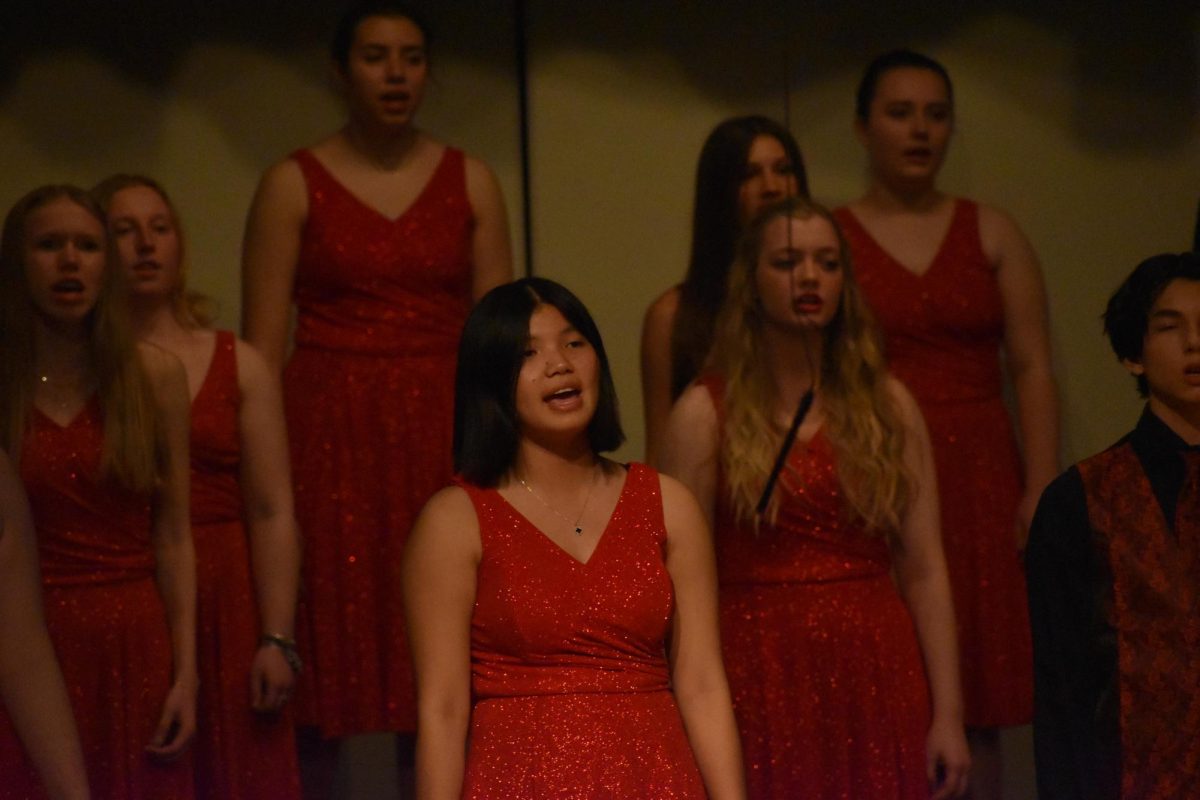
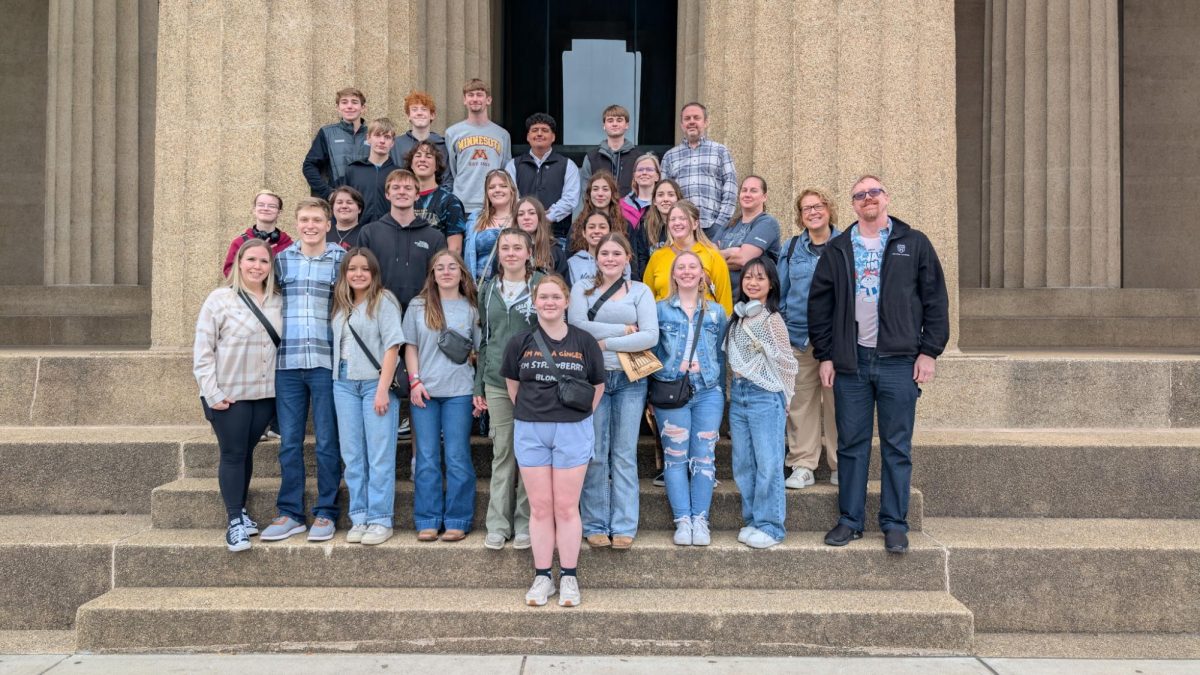

![At the pepfest on Feb. 13 the Winterfest Royalty nominees were introduced. There were two girls and two boys candidates from each grade. Royalty included Prince Axel Calderon (11), Jacob Miller (12), Princess Maya Fuller (11), Brecken Wacholz (10), Ethan Brownlee (9), Lord Given Saw (9), Lilly Elmer (9), Angela Buansombat (10), Queen Jenna Balfe (12), Hanna Austinson (11), Raegan Broskoff (8), Duchess Evalyn Holcomb (10), Jordyn Earl (8), and Lady Leighton Brenegan (9). Not pictured include: King Kaiden Baldwin-Rutherford (12), Piper Aanes (12), Blair Blake (11), Duke Kuol Duol (10), Thoo Kah (8) and Aidric Calderon (8). Student council member and Junior Prince Axel Calderon said, “It [the nomination] means that I’m kind of a student leader. I hopefully show younger kids what it means to be a part of the student council and lead the school.”](https://www.ahlahasa.com/wp-content/uploads/2025/03/front-page-1200x800.jpeg)


